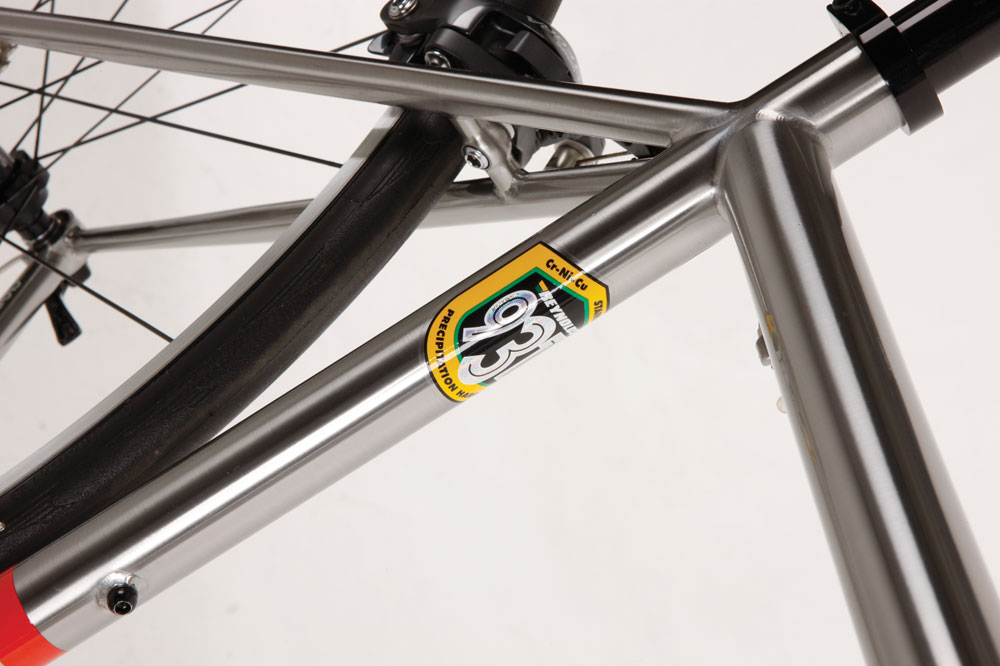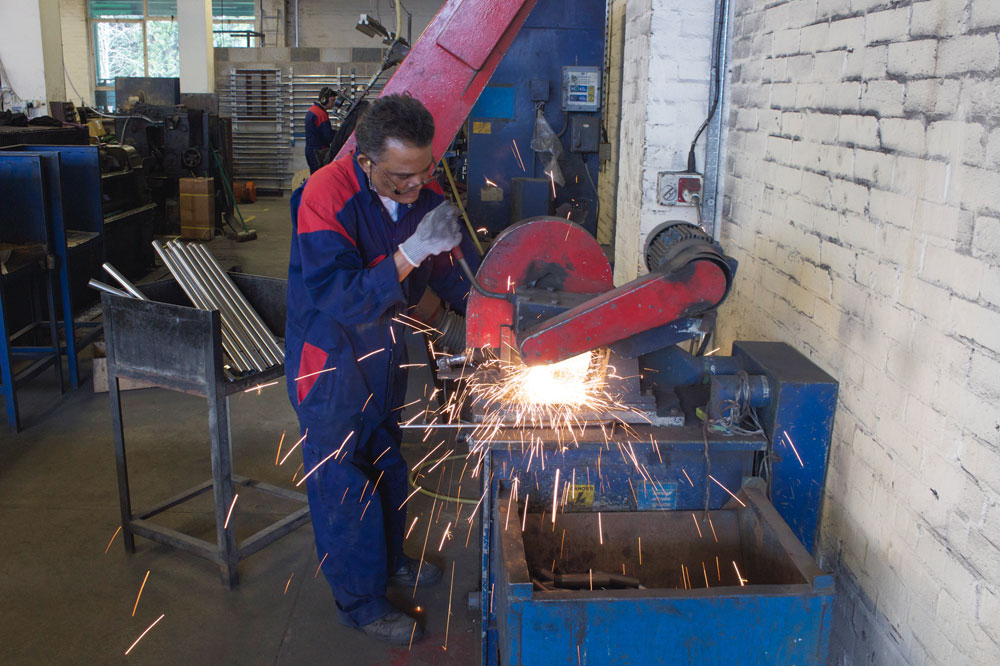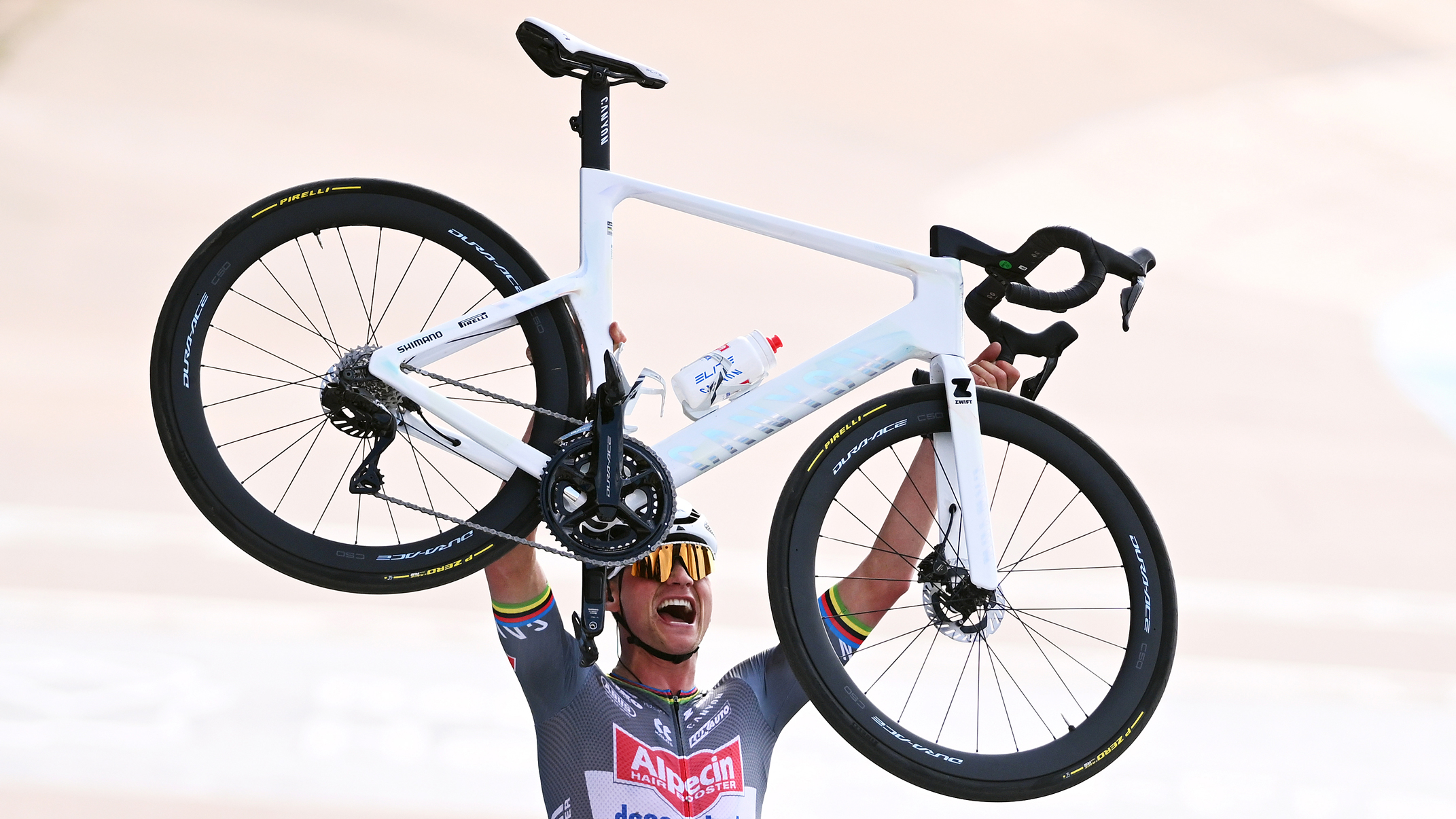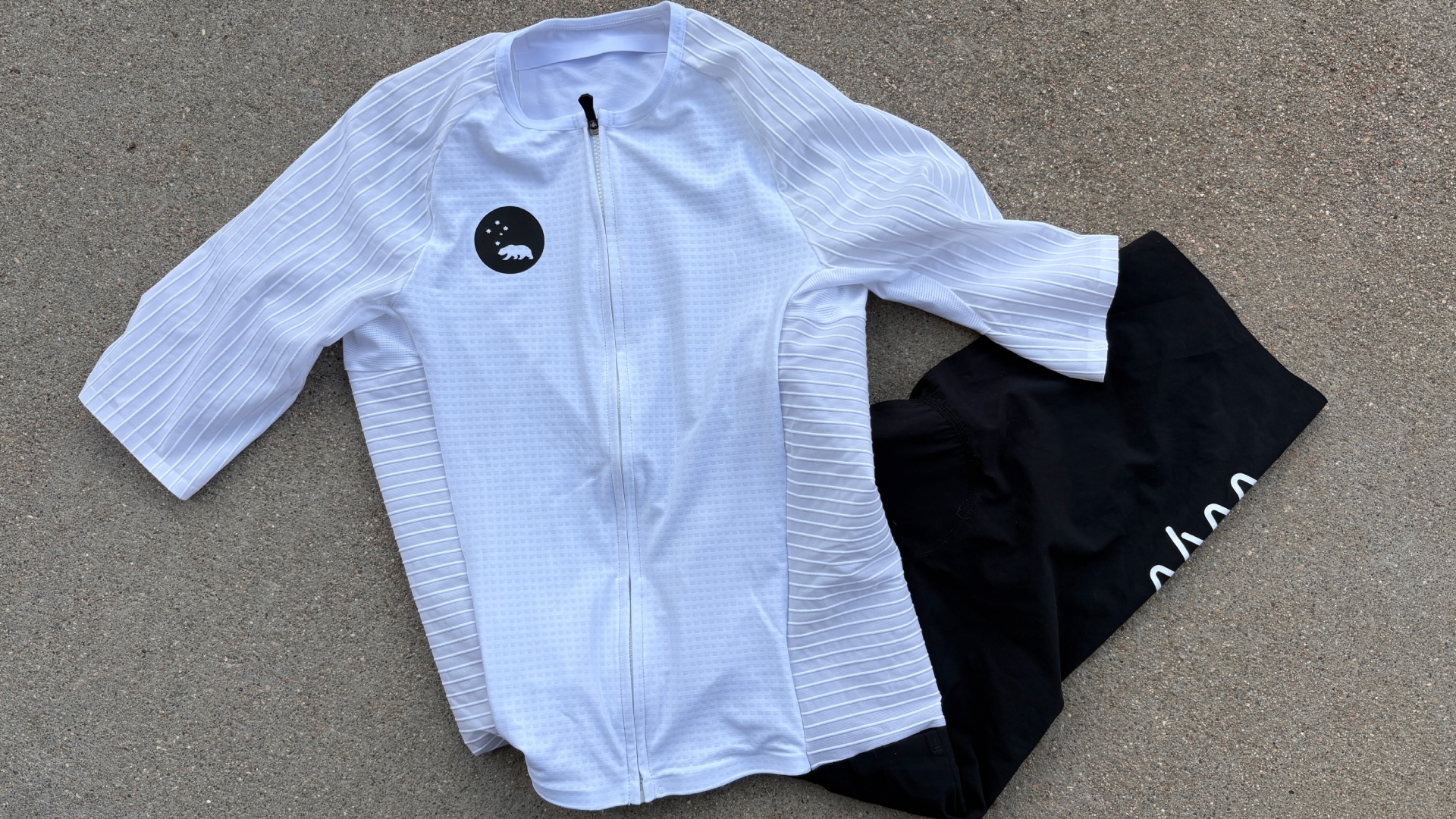Reynolds tubing staying true to its roots

Of all the cycling companies that have come and gone, one that has remained a steady fixture is Reynolds. The name has been synonymous with the British cycling industry since 1898, and it still manufactures tubing in its Birmingham factory today.
The Reynolds company name stretches as far back as 1841, but it was the end of the 19th century when it moved into the bicycle trade. Alfred M. Reynolds and J.T. Hewitt registered the company as the Patent Butted Tubing Company Ltd and it has been creating tubing for bikes ever since.
Reynolds is best known for inventing butted tubing - where the wall is thinner in the middle of the tube than it is at the ends - which allowed bikes to be lighter but stronger when built.
Its famous 531 tubing, created in 1935, was considered ground-breaking and was used on Tour de France winning bikes ridden by the likes of Eddy Merckx, Bernard Hinault and Greg LeMond. Its 853 tubing has been on the market for more than 20 years alongside its current flagship alloy, 953.
So what's the secret of the company's enduring success?
Reynolds Technology, as it is now known, may have branched beyond bike tubes into materials for cars, motorbikes, ice skates and the oil industry, but cycling, as ever, is still its main focus today. "Cycling remains at the core of the business," said managing director Keith Noronha. "Metallic tubing in its various forms is our speciality."

Reynolds: leading lights in tubing since the 1800s
Get The Leadout Newsletter
The latest race content, interviews, features, reviews and expert buying guides, direct to your inbox!
Unlike many other bicycle-related industries, who have closed or moved their business abroad, Reynolds still creates its high-end products in the UK. "We deliberately chose to keep development in the UK and like a lot of British companies we had a difficult time choosing that method of manufacturing," Noronha said. "But if you don't have control of your manufacturing you can't try out new ideas."
Being a leader in its field is clearly something Reynolds still prides itself on. "We do a lot more development of various alloys," Noronha said. "There are so many different materials available to riders and product managers so we have to do more research to constantly improve what we have."
Since Noronha arrived at Reynolds in 2000, he has witnessed a number of significant changes, mainly the decline of bicycle manufacturing in Britain. Whereas once Reynolds sourced its materials on home soil, now it has to look elsewhere. "We now source our materials from around the world," Noronha explained. "From Taiwan to Germany to the US, so when we develop new alloys we are looking at more exotic grades."
Similarly, the bulk of its tubing was previously sold to UK frame-builders - it still supplies tubing to companies such as Raleigh and Dawes - although most of what it makes in its factory is exported.
Ultimately, the fact that Reynolds has stayed true to the techniques and principles laid down by its founders more than a century ago has been key. Although it does make tubing using carbon-fibre, titanium and aluminium, steel is still its first-choice material. It still sells versions of the original 531 tube today and its future goal is to continue making long-lasting products.

Butted tubes never go out of style
"If you look at butted tubes on any mid to high-end bicycle, they still use the principle that Reynolds invented back then," said Noronha. "People have not been able to find a better way of taking weight out safely and in a controlled manner. I think that's a mark for Mr Reynolds because that was a brilliant idea."
This article was first published in the January 9 issue of Cycling Weekly. Read Cycling Weekly magazine on the day of release where ever you are in the world International digital edition, UK digital edition. And if you like us, rate us!

Thank you for reading 20 articles this month* Join now for unlimited access
Enjoy your first month for just £1 / $1 / €1
*Read 5 free articles per month without a subscription

Join now for unlimited access
Try first month for just £1 / $1 / €1
Founded in 1891, Cycling Weekly and its team of expert journalists brings cyclists in-depth reviews, extensive coverage of both professional and domestic racing, as well as fitness advice and 'brew a cuppa and put your feet up' features. Cycling Weekly serves its audience across a range of platforms, from good old-fashioned print to online journalism, and video.
-
 Save £42 on the same tyres that Mathieu Van de Poel won Paris-Roubaix on, this Easter weekend
Save £42 on the same tyres that Mathieu Van de Poel won Paris-Roubaix on, this Easter weekendDeals Its rare that Pirelli P-Zero Race TLR RS can be found on sale, and certainly not with a whopping 25% discount, grab a pair this weekend before they go...
By Matt Ischt-Barnard
-
 "Like a second skin” - the WYN Republic CdA triathlon suit reviewed
"Like a second skin” - the WYN Republic CdA triathlon suit reviewed$700 is a substantial investment in a Tri Suit, and it is, but you’ll definitely feel fast in it
By Kristin Jenny